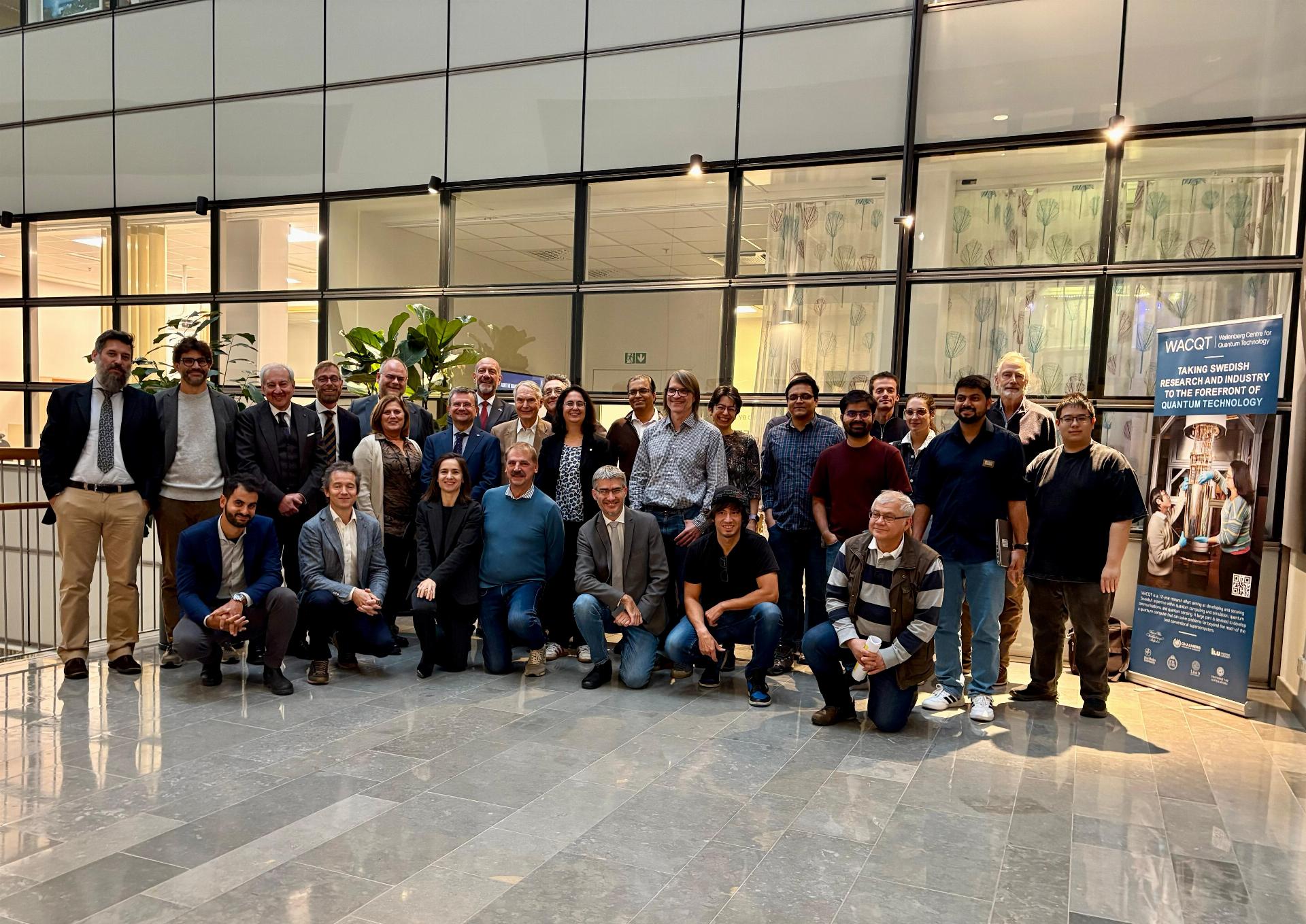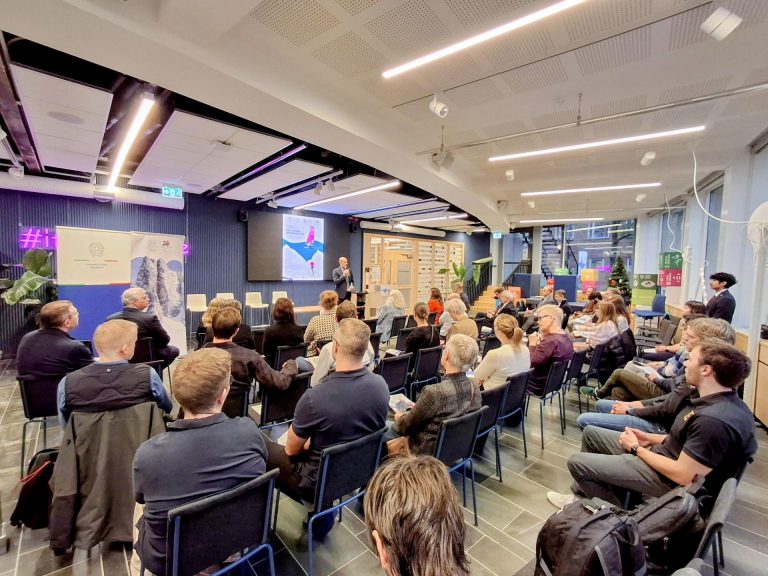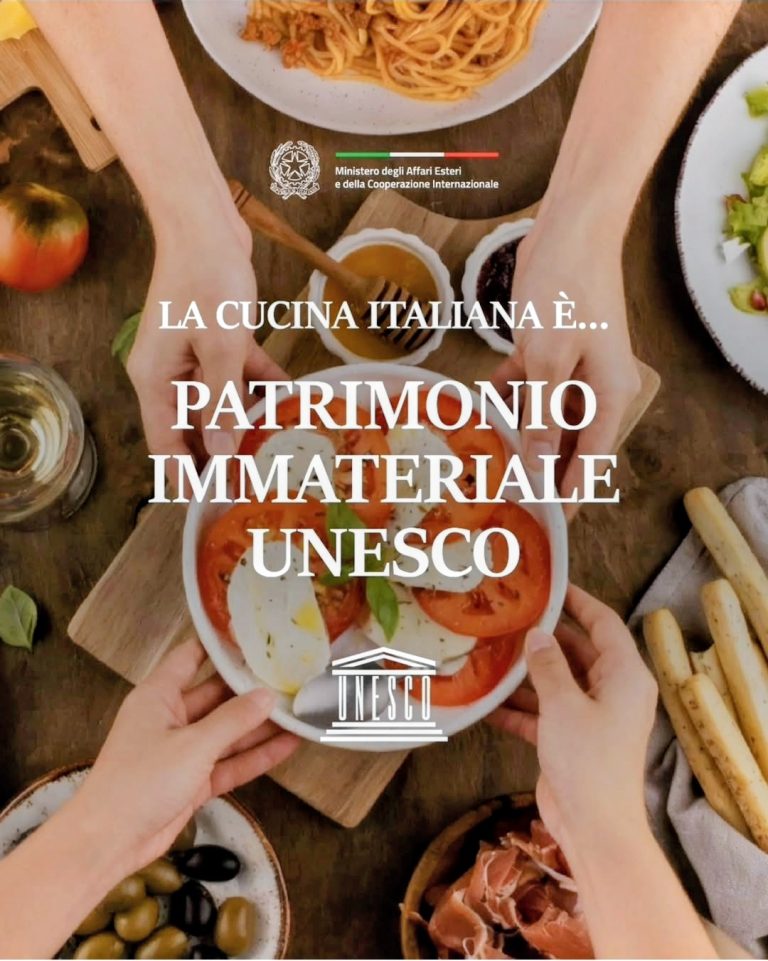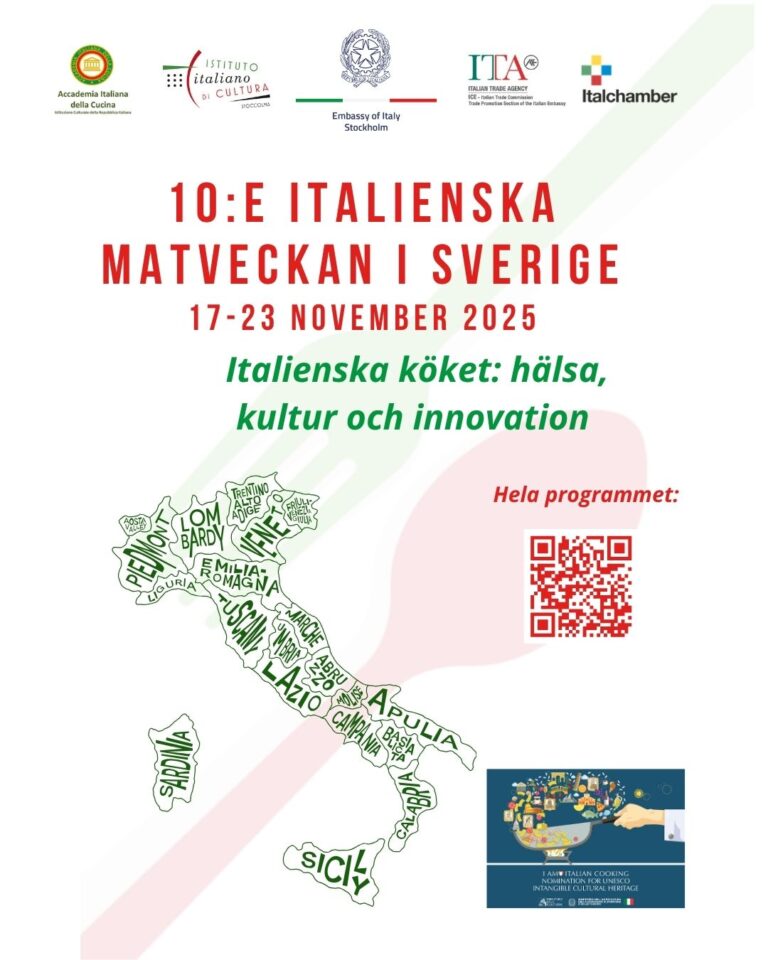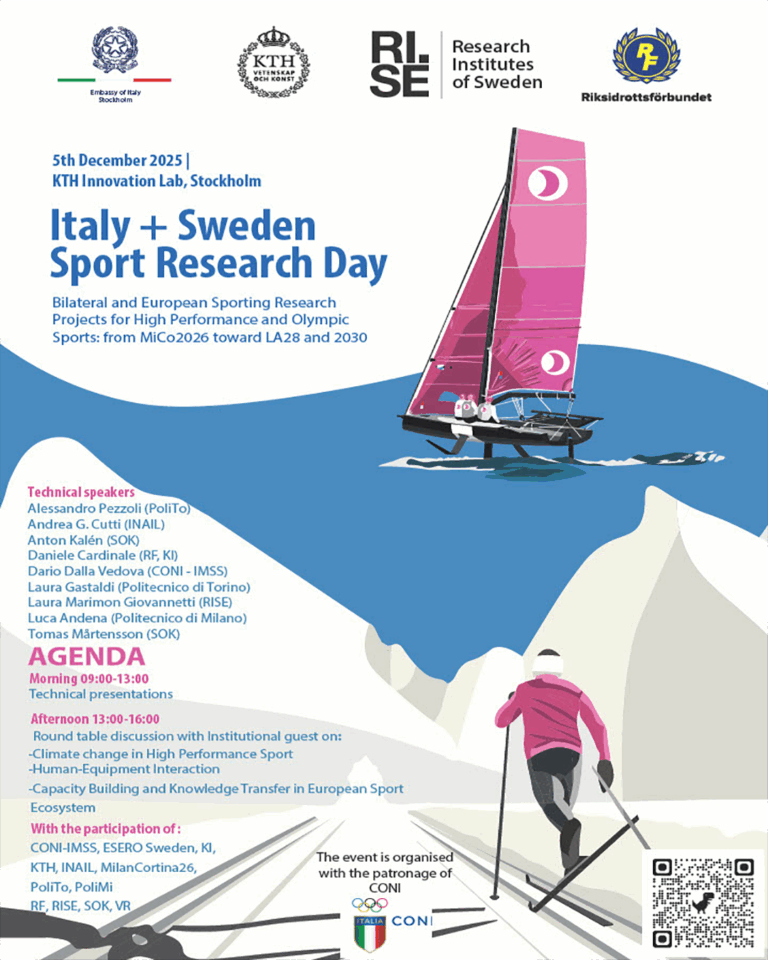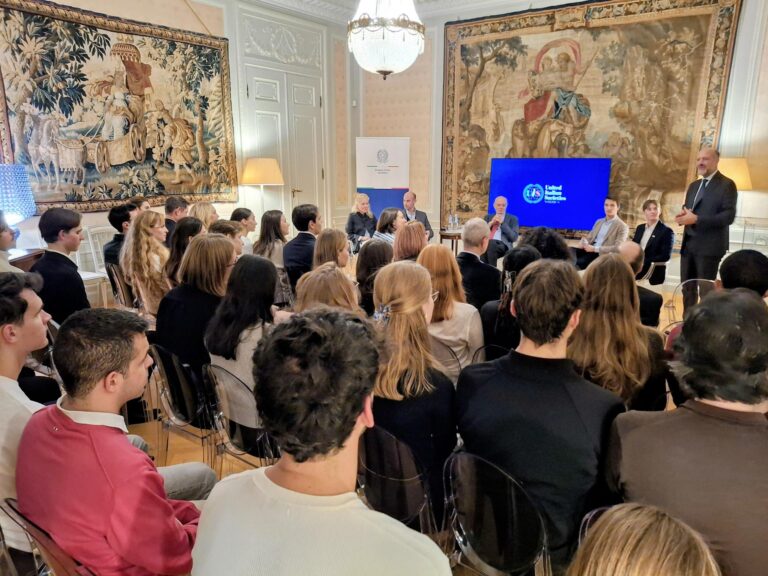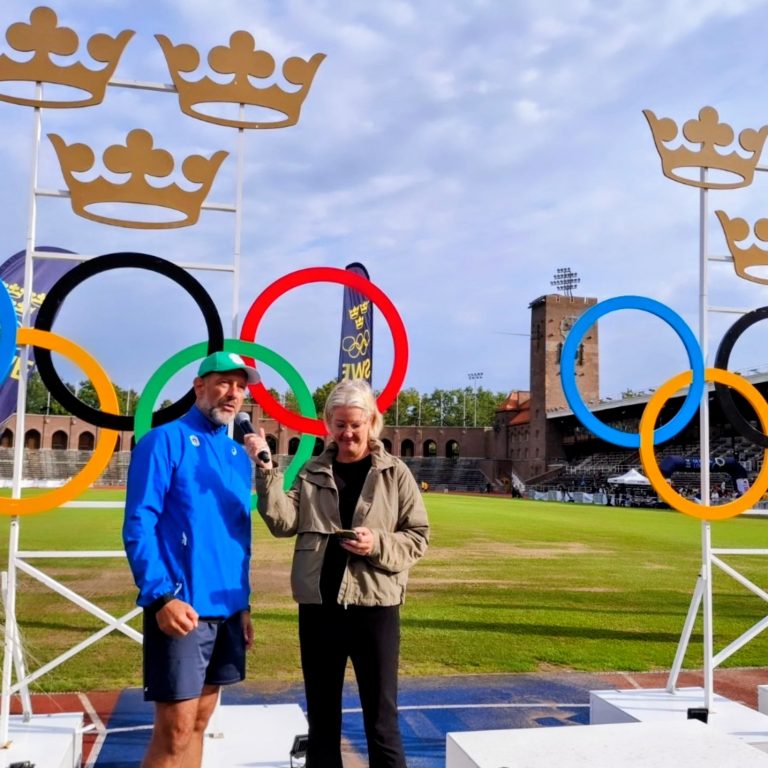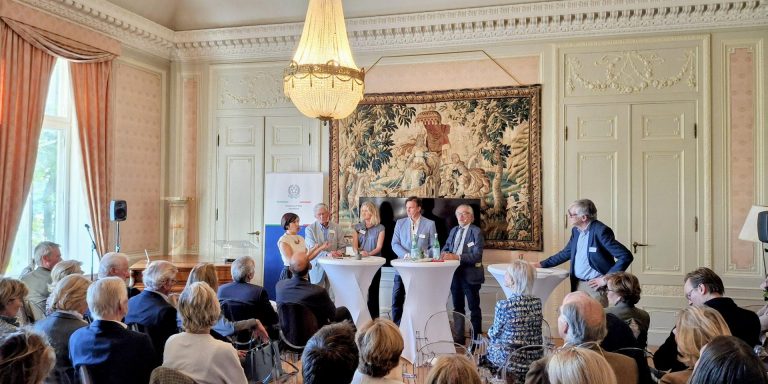Quantum technologies and materials, which promise to have a huge impact on research and the future of high-tech industries in the coming years, are the focus of a bilateral event hosted at Chalmers University in Gothenburg. “Quantum Technology Meets Quantum Materials” was a workshop organized by the Scientific Office of the Embassy of Italy in Sweden, the Advance Nano Laboratory at Chalmers University and the Wallenberg Centre for Quantum Technology (Wacqt) to promote collaboration in one of the most innovative and strategic fields.
“The strategic importance of the theme chosen for the event is confirmed by the Nobel Prize in Physics awarded recently for quantum research”, stressed Ambassador of Italy in Stockholm Michele Pala, referring to the award given last Tuesday to three American researchers.
Italy has quantum hardware in Turin and Bologna and has recently defined its national strategy on quantum technology that defines a roadmap on five pillars: computation, simulation, communications, sensors and basic science. Sweden has also presented its national quantum strategy (Swedish Quantum Agenda) and has been investing in these technologies for several years now. A quantum computer is also being built at Wacqt in Gothenburg. “The Embassy has put scientific-technological collaboration between Sweden and Italy as one of its priorities,” said Ambassador of Italy in Stockholm Michele Pala who was present in Gothenburg together with Professor Augusto Marcelli, Scientific Attaché at the Embassy. The meeting is an opportunity to promote the image of an Italy at the forefront of research and innovation, thanks to the contributions of researchers from the National Institute of Nuclear Physics and the Universities of Naples Federico II, Milan Bicocca, Padua, La Sapienza and Turin, and for Sweden from Chalmers University and the KTH, and the participation of Sergio Strozzi, Head of technological innovation at the Ministry of Foreign Affairs and International Cooperation, who will present the state of Italy’s quantum strategy and our country’s quantum industrial ecosystem.
“As an Embassy we are keen to show that Italian excellences are not only art, culture gastronomy and extraordinary tourist destinations but we have much more to offer also in terms of research and innovation starting right from quantum technologies,” remarked Ambassador Pala.
During the event there has been space for discussion, especially to define a possible collaboration agreement that can not only generate innovation but also promote economic growth. Indeed, the potential of a bilateral agreement on these technologies and the use of quantum computing will ensure opportunities for the development of new quantum devices, dedicated algorithms and certainly new and original initiatives. Quantum research, combined with supercomputing and, in the future, artificial intelligence, will indeed be able to support a great deal of other research and companies operating in high-tech sectors.
Dialogue between Italy and Sweden on the future of quantum research
